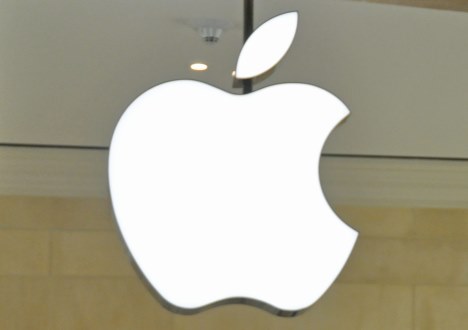Apple Inc. (NASDAQ: AAPL) will release what is likely to be several new versions of its wildly successful iPad on Tuesday. It does so into a hailstorm of competing products. Analysts and the press have spent countless hours speculating on what the new iPads will be. What is more important is what they will not be — something revolutionary and special.
As The New York Times points out, tablets have been or will be launched by Nokia Corp. (NYSE: NOK), Samsung and Microsoft Corp. (NASDAQ: MSFT). Each has to contend with the dominant presence of the iPad, at least up until now. The situation is like the one that Apple’s iPhone faced two years ago. Competing smartphones may have been little more than imitations, but they were good enough to pose a difficult challenge. The recently released iPhone 5 models have very few extraordinary features. They are not new and attractive enough to maintain the lead in smartphones Apple had back when the iPhone was launched in 2007.
Apple has been roundly criticized for setting a lower bar for itself in terms of imagination. However, the state of technology is such that the company has run up against a wall. Until its Siri voice recognition feature can help consumers write and correct the drafts of novels and complex scientific papers, it will never be more than an impressive toy.
Apple cannot improve much on its camera or video capture technology in the new iPad. Camera companies and other tablet manufacturers have reached the edge of the envelope in that technology too. Until Apple can launch a camera that has the power of the Hubble Space Telescope, consumers will lack a reason to see Apple’s version of cameras as more than competitive, but ordinary.
Another feature experts expect in the new iPad is a better processor. It may run on the 64-bit A7X chip. That brings it chip power closer to that of a well-featured laptop. But Apple cannot determine whether most consumers want that kind of advance, or whether the present state of tablet chips is more than adequate.
Among the other features the iPad almost certain will sport is the touch fingerprint ID feature. Apple has not revealed the extent to which buyers of the new iPhone are impressed by that. However, Apple’s silence on the matter probably means that consumers have not adopted it as a critical feature, as other consumer electronics firms add more and more technology to their latest tablets.
The tablet industry remains attractive to Apple and its competition. Research firm Gartner recently released a study that claims tablet shipments will rise 42.7% this year. The market for tablets will remain among the most attractive ones for many of the world’s largest consumer electronics companies, probably for years. But it has been said before and is worth saying again. The new iPad cannot come with an unexpected list of new technology that would allow it to overwhelm competition in this white-hot market, because the limits of tablet technology have reached a set of hurdles Apple cannot get clear.
Thank you for reading! Have some feedback for us?
Contact the 24/7 Wall St. editorial team.





